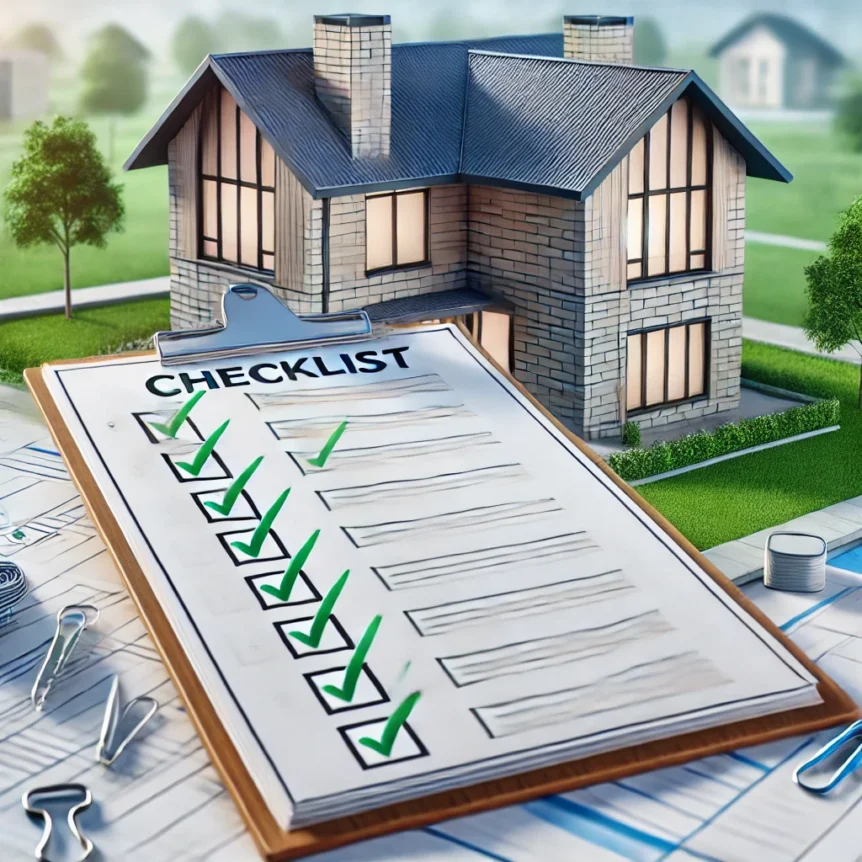House flipping can be highly profitable if done right, but it also comes with risks. Here are the most important factors for a successful house flipping project:
1. Market Research and Location
- Why It Matters: Location can make or break a flip. Focus on neighborhoods with rising home values, low crime rates, good schools, and amenities nearby.
- Actionable Tip: Look for “up-and-coming” areas where properties are undervalued but show signs of growth.
2. Budgeting and Financial Planning
- Why It Matters: Accurate budgeting is essential to avoid overspending. Expenses include purchase price, renovation costs, holding costs (e.g., mortgage, insurance), and selling costs (e.g., agent fees).
- Actionable Tip: Use the 70% rule — aim to pay 70% of the home’s after-repair value (ARV) minus estimated repair costs. This helps keep your investment profitable.
3. Knowledge of Renovations and Repairs
- Why It Matters: Knowing which renovations add value (like kitchens and bathrooms) versus what’s unnecessary is crucial.
- Actionable Tip: Prioritize functional repairs over aesthetic upgrades. Stick to updates that appeal to a broad market, like neutral paint colors and modern finishes.
4. Accurate Valuation of ARV (After Repair Value)
- Why It Matters: A clear estimate of the ARV helps in setting a target selling price and evaluating the project’s profitability.
- Actionable Tip: Use recent comparable sales (comps) in the area to calculate a realistic ARV and consult with a local real estate agent for added accuracy.
5. Efficient Project Management
- Why It Matters: Efficient management ensures the project stays on time and within budget. Delays increase holding costs and eat into profits.
- Actionable Tip: Build a reliable team (contractors, plumbers, electricians) and plan a realistic renovation timeline. Regularly monitor progress and stay in communication with your team.
6. Cost Control and Contingency Planning
- Why It Matters: Unexpected costs can arise from hidden issues like structural repairs or code violations.
- Actionable Tip: Set aside at least 10-15% of your budget as a contingency fund to cover unforeseen expenses without disrupting the project.
7. Understanding the Local Market Trends
- Why It Matters: Market conditions can affect how quickly you sell and at what price.
- Actionable Tip: Keep an eye on local housing market trends and seasonality. Selling during a strong seller’s market can increase your profits, while a buyer’s market might require more flexibility.
8. Effective Pricing and Selling Strategy
- Why It Matters: Pricing too high can lead to the property sitting on the market, which raises holding costs. Pricing too low can cut into profits.
- Actionable Tip: Work with a real estate agent to price competitively. High-quality photos, staging, and professional marketing are also key to attracting buyers quickly.
9. Legal and Permitting Knowledge
- Why It Matters: Failing to acquire permits or follow local building codes can lead to fines, delays, or issues during the sale.
- Actionable Tip: Always check local regulations for required permits and ensure any work completed meets code. Proper documentation can avoid last-minute surprises.
10. Exit Strategy
- Why It Matters: Real estate markets can be unpredictable, and it’s essential to have a backup plan if selling isn’t immediately feasible.
- Actionable Tip: Consider alternatives like renting the property until the market improves or selling to an investor if traditional buyers aren’t interested.
By focusing on these elements, a house flipper can effectively manage risks, control costs, and maximize profitability, paving the way to successful flipping projects.
Please follow and like us:


